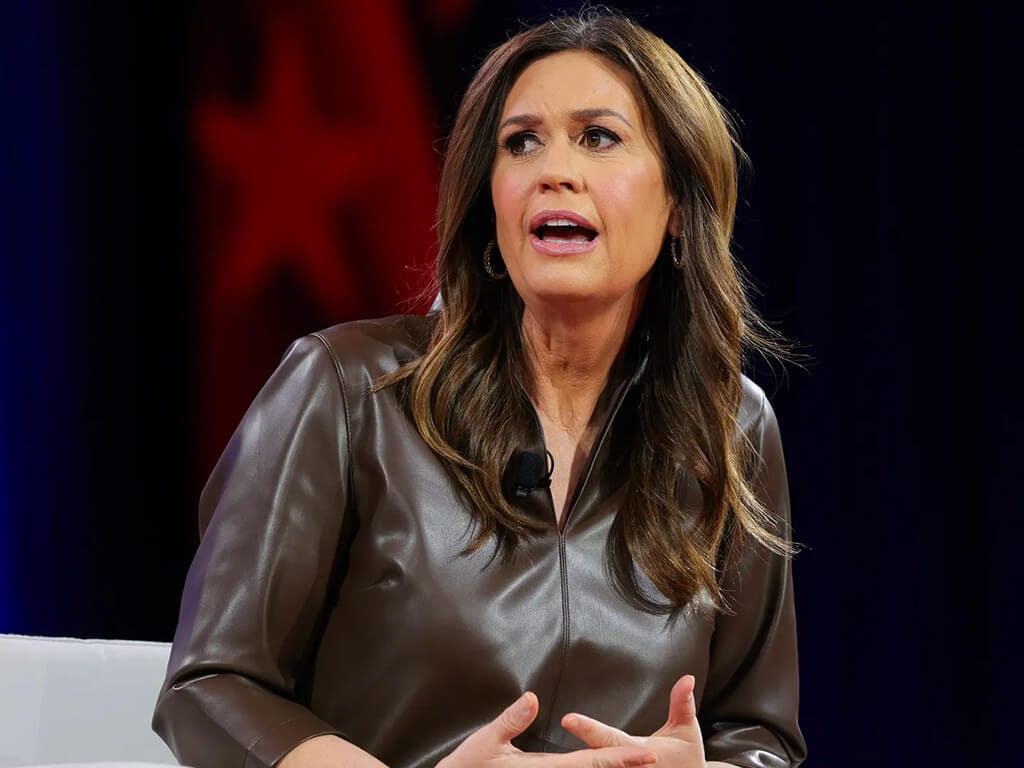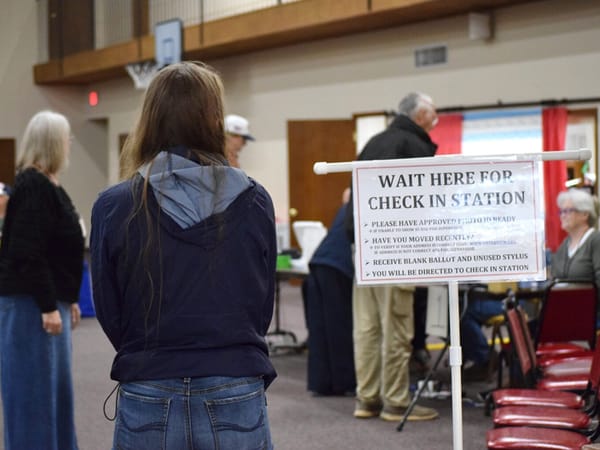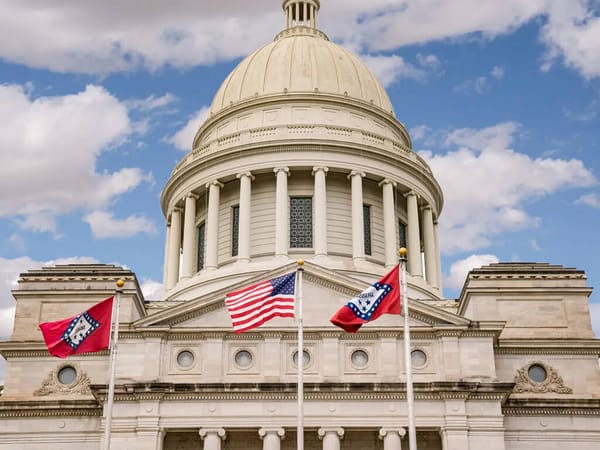Sanders Faces Setback in Special Election Dispute. Will She Move to Call It Sooner?
A Pulaski County judge has directed Governor Sarah Huckabee Sanders to reschedule the Arkansas House District 70 special election to March 3, 2026, rejecting her authority to postpone the vote.

On Friday, October 31, a Pulaski County judge ordered the special election for Arkansas House District 70 to be moved up to March 3, 2026, rejecting the state’s claim that Governor Sarah Huckabee Sanders has complete discretion over when to hold special elections.
The ruling came in response to a lawsuit filed by the Democratic Party. In a detailed opinion, the court found that an earlier election date was both feasible and appropriate.
This marks the second time in two weeks that a Pulaski County judge has ruled against Sanders over special election scheduling. Earlier in the month, another judge sided with a Senate District 26 voter who claimed the governor’s delayed timeline deprived constituents of representation during the 2026 fiscal session. That earlier ruling required Sanders to reschedule the election before the fiscal session but did not specify an exact date.
The latest ruling brings greater clarity and delivers a sharper setback for Sanders, as the court dismissed her claims that delaying the election would save money and lessen the administrative load on local officials.
Deepening Special Election Dispute
The controversy over the House District 70 special election began on October 10, when Governor Sarah Huckabee Sanders scheduled the vote for June 9, 2026, to replace former Republican Representative Carlton Wing, who resigned on September 30 to become the executive director and CEO of Arkansas PBS.
Under Arkansas law, legislative vacancies must be filled within 150 days. However, Sanders’ chosen date would leave the seat vacant for 252 days after Wing’s resignation, exceeding the legal limit by 102 days.
The date also matched that of the Senate District 26 special election, which was already under legal challenge for a delayed timeline, adding to the growing dispute. An unpublished Senate memo showed that since 2011, special elections have usually been held within 25 days of the 150-day limit.
Critics accused Sanders of intentionally delaying the election to keep the seat vacant during the 2026 legislative session, especially on matters related to her proposed prison expansion. The governor defended her decision as a cost-saving measure meant to ease pressure on local election officials and taxpayers.
Unlike Senate District 26, which leans heavily Republican, House District 70 is much more competitive with a strong Democratic base. That political balance likely influenced Democrats’ decision to challenge the delay in court.
On October 21, the Democratic Party of Arkansas and four District 70 voters filed a lawsuit claiming that Sanders’ election timeline violated state law and denied residents representation during the 2026 fiscal session, which begins in April. The plaintiffs described the delay as “taxation without representation” and asked the court to move the special election to March 3, 2026, the same date Sanders had already set for the special primary, through a writ of mandamus, a court order requiring a public official to perform a legal duty.
The Judge’s Ruling
In his 18-page ruling, Circuit Judge Shawn Johnson granted the writ, finding that the governor had overstepped her authority under Arkansas law.
Johnson rejected arguments from Attorney General Tim Griffin’s office that Sanders could schedule a special election “at any time,” whether before or after the 150-day deadline. The judge clarified that while the governor can decide whether holding an election within 150 days is “impracticable or unduly burdensome,” she must then set the next “earliest practicable” date, rather than the one most convenient to the state.
“If the Governor has complete discretion over when to hold a special election, whether before or after the 150-day mark, then there would be no reason to have a 150-day limitation at all,” Johnson wrote. “If the date is beyond 150 days, discretion ends. The law requires the election to occur as soon as the locality can capably conduct it.”
Johnson also dismissed the state’s claim that absentee voting logistics made the March 3 date impractical, citing testimony from Pulaski County Circuit Clerk Terri Hollingsworth and other election officials who had successfully held a House District 34 special election under nearly identical timing.
Will Sanders Follow the Ruling?
Whether Governor Sanders will comply with Judge Johnson’s order remains unclear. Political observers expect the state to fight at any cost, as moving the election to an earlier date could create challenges for her authority.
A spokesperson for Sanders restated her position following the Senate District 26 ruling. “Governor Sanders is confident that on appeal, the law clearly giving the Governor the authority to set special elections will be upheld and ultimately save taxpayer dollars and ensure the election is free, fair, and secure,” said communications director Sam Dubke.
Attorney General Tim Griffin also expressed his disagreement with the court’s decision. “I am disappointed in the ruling and will expeditiously appeal the decision,” he said in a statement issued through his spokesperson. Griffin’s office has already announced plans to appeal the ruling to the Arkansas Supreme Court, as has the plaintiff, who is also seeking a declaration that the 150-day exception is unconstitutional.
On Friday afternoon, the attorney representing the Senate District 26 plaintiff filed a motion asking Judge Patricia James to modify her earlier order and align the Senate election date with Judge Johnson’s ruling, proposing either February 8 or March 3. However, since Sanders appears intent on taking the matter to higher courts, the likelihood of holding the election on those earlier dates appears increasingly slim.





